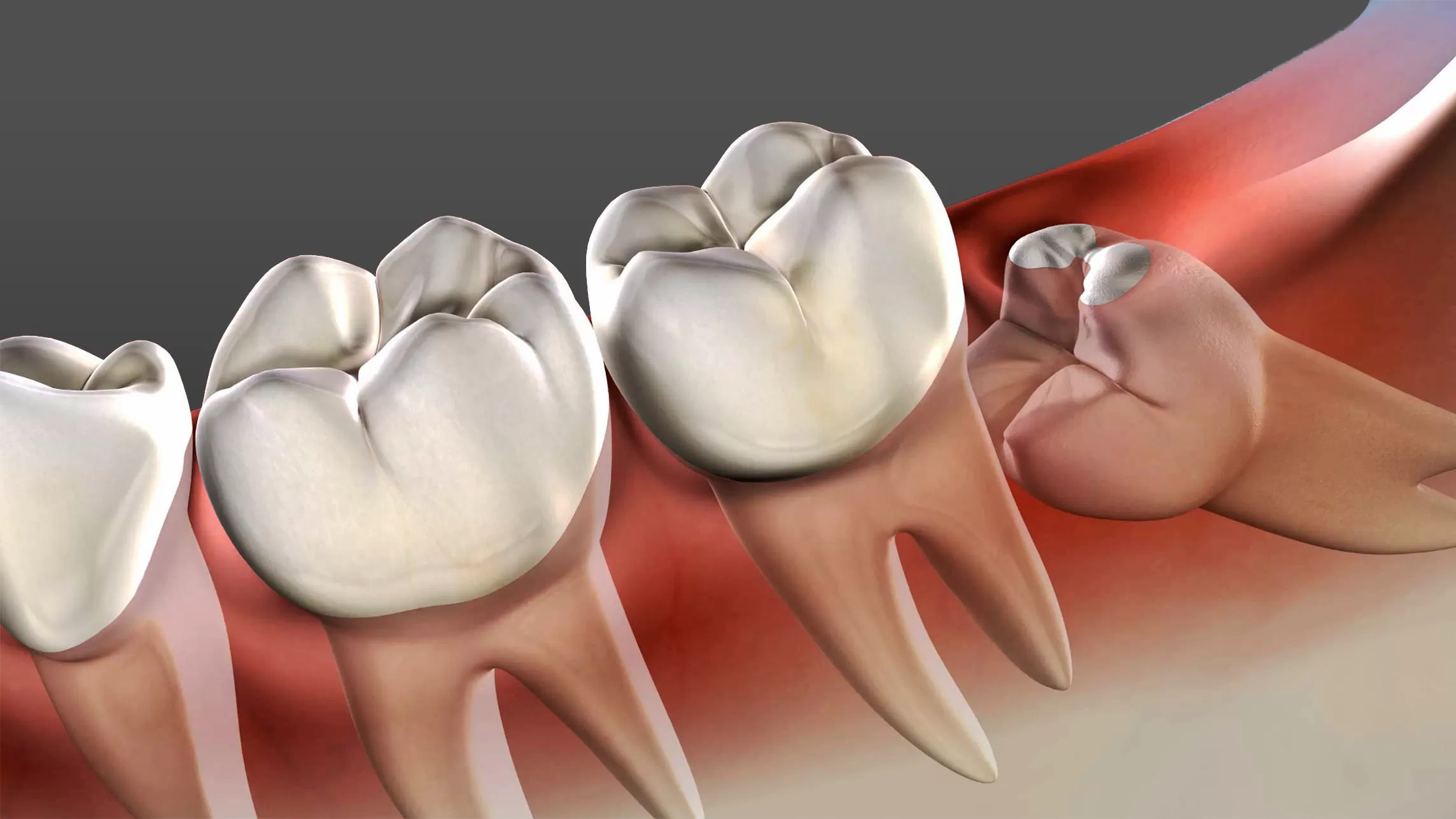
Wisdom teeth, also known as third molars, are the last set of molars to emerge in the back of the mouth. These teeth typically appear between the ages of 17 and 25, a time often associated with the onset of maturity and wisdom, hence the name “wisdom teeth.” While some people have no issues with their wisdom teeth, many experience problems such as impaction, crowding, or improper alignment, leading to the need for extraction. Understanding the facts about wisdom teeth can help individuals make informed decisions about their dental health. In this article, we will explore 10 fascinating facts about wisdom teeth, shedding light on their significance and potential impact on oral health.
Key Takeaways:
- Wisdom teeth were useful for our ancestors, but due to changes in diet and evolution, they can now cause dental problems. Regular dental checkups are essential for monitoring and preventing complications.
- Not everyone has wisdom teeth, and they can lead to pain, swelling, and inflammation. Extraction is common to prevent future dental issues and maintain oral health.
Wisdom Teeth are the Third Molars
Wisdom teeth, also known as third molars, are the last set of molars to emerge. They typically appear in the late teens or early twenties, a time when individuals are said to have gained some wisdom, hence the name “wisdom teeth.”
They Were Useful in Our Ancestors
In the past, our ancestors had larger jaws, and these additional molars were beneficial for grinding down coarse foods like roots, nuts, and raw meat. However, due to changes in diet and evolution, modern jaws have become smaller, leading to issues when wisdom teeth emerge.
Not Everyone Has Them
Interestingly, not everyone develops wisdom teeth. Some individuals may have one, two, three, or even none at all. The absence of wisdom teeth can be attributed to genetic factors and evolutionary changes in the human body.
They Can Cause Dental Problems
Due to their late eruption, wisdom teeth can sometimes disrupt the alignment of existing teeth, leading to crowding, misalignment, and discomfort. In some cases, they may only partially erupt, increasing the risk of infection and gum disease.
Extraction is Common
Given the potential issues associated with wisdom teeth, many people opt to have them extracted. This is often recommended by dentists to prevent future dental complications and maintain oral health.
Complications Can Arise During Eruption
When wisdom teeth emerge, they can cause pain, swelling, and discomfort. In some cases, they may become impacted, meaning they are unable to fully emerge from the gum line, leading to further complications.
They Are Often Removed Surgically
Due to their position at the back of the mouth and potential complications, the extraction of wisdom teeth typically requires a surgical procedure. This can involve local or general anesthesia, depending on the complexity of the extraction.
They Are a Relic of Our Evolutionary Past
Anthropologists believe that wisdom teeth are remnants of our early human ancestors who had larger jaws and relied on these extra molars for their diet, which mainly consisted of rough, unprocessed foods.
Regular Dental Checkups Are Essential
Regular visits to the dentist are crucial for monitoring the development and positioning of wisdom teeth. Early detection of any issues can help in planning for their potential extraction and preventing complications.
They Can Be Associated with Inflammation
When wisdom teeth start to emerge, they can lead to inflammation of the surrounding gum tissue, causing pain and discomfort. This inflammation can also increase the risk of infection if not properly managed.
Conclusion
Wisdom teeth, also known as third molars, are the last set of molars to emerge in the back of the mouth. They usually appear in the late teens or early twenties and can cause various dental issues due to their size and position. While some people may never experience any problems with their wisdom teeth, others may require extraction to prevent overcrowding, impaction, or infection. It’s essential to monitor the development of wisdom teeth through regular dental check-ups and seek professional advice if any discomfort or issues arise. Understanding the potential complications and the importance of proactive dental care can help individuals make informed decisions about managing their wisdom teeth.
FAQs
What are wisdom teeth?
Wisdom teeth, also known as third molars, are the last set of molars that typically emerge in the late teens or early twenties.
Why do wisdom teeth often require extraction?
Wisdom teeth can cause issues such as impaction, overcrowding, and infection due to their size and position in the mouth, leading to the need for extraction in many cases.
How can I monitor the development of my wisdom teeth?
Regular dental check-ups and X-rays can help monitor the growth and positioning of wisdom teeth, allowing for timely intervention if necessary.
What should I do if I experience discomfort or pain related to my wisdom teeth?
If you experience any discomfort or pain, it’s crucial to consult a dental professional promptly to assess the situation and determine the appropriate course of action.
Are all wisdom teeth extracted?
While not all wisdom teeth require extraction, those causing issues such as crowding, impaction, or infection may need to be removed to prevent complications.
Was this page helpful?
Our commitment to delivering trustworthy and engaging content is at the heart of what we do. Each fact on our site is contributed by real users like you, bringing a wealth of diverse insights and information. To ensure the highest standards of accuracy and reliability, our dedicated editors meticulously review each submission. This process guarantees that the facts we share are not only fascinating but also credible. Trust in our commitment to quality and authenticity as you explore and learn with us.


